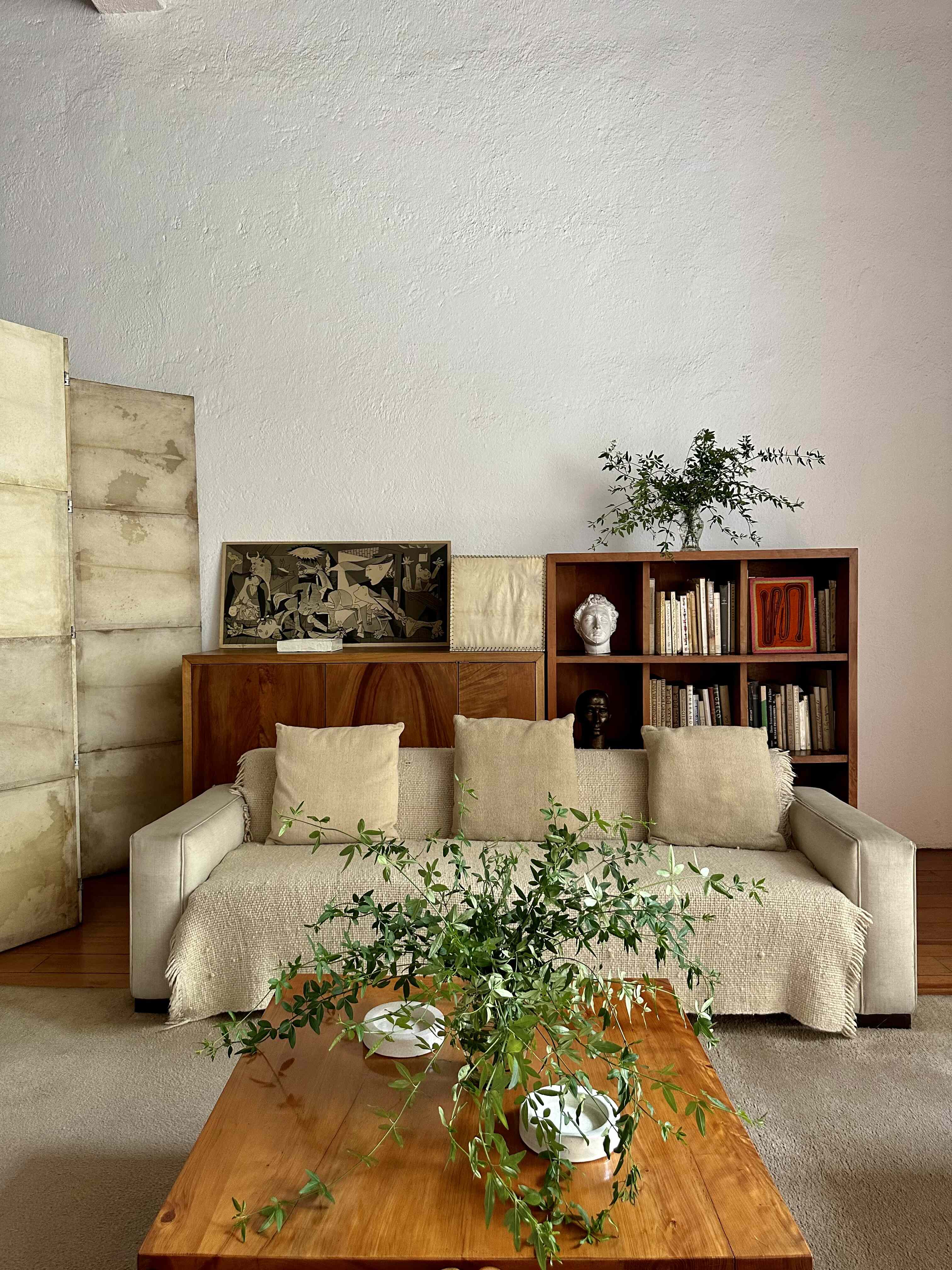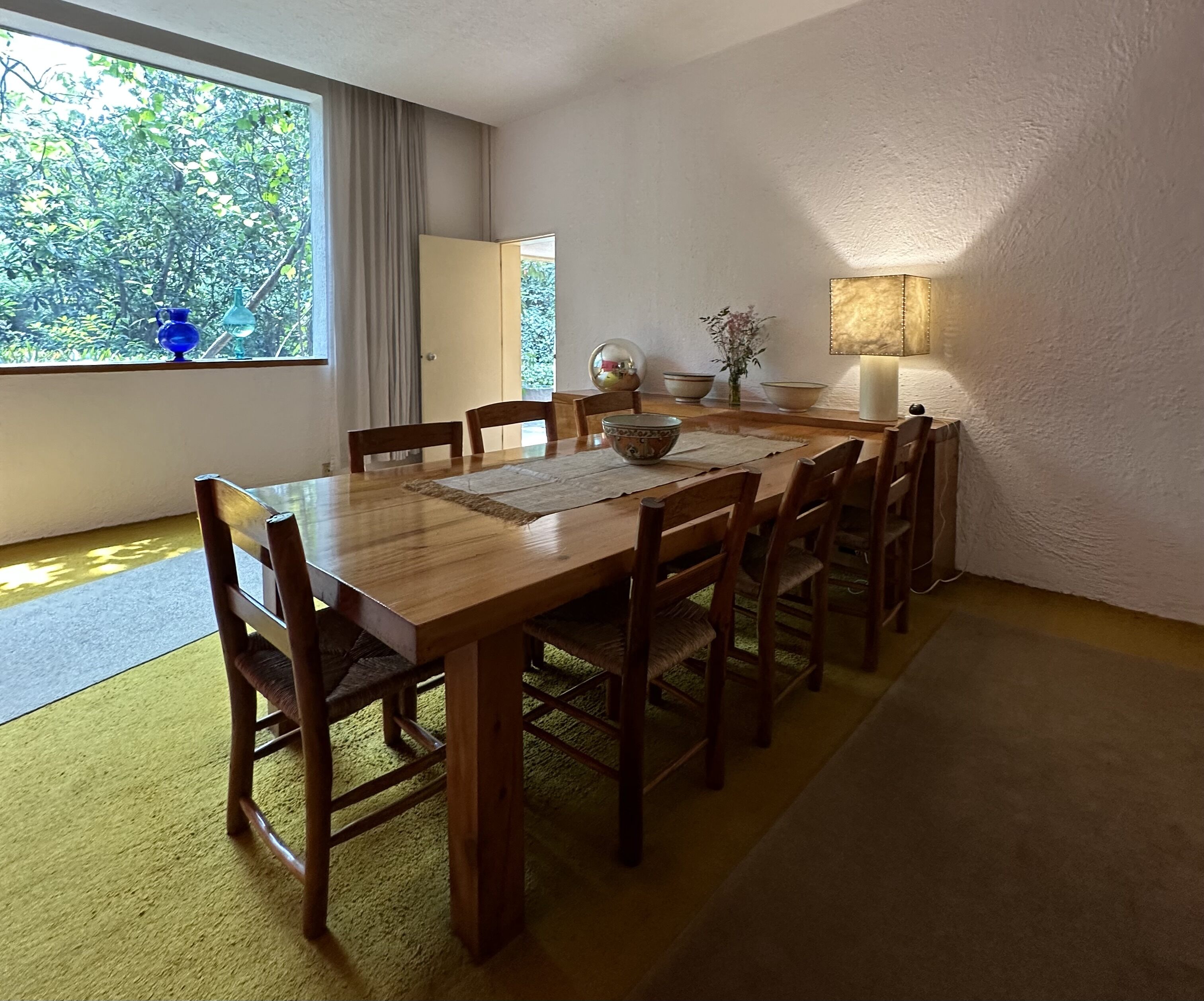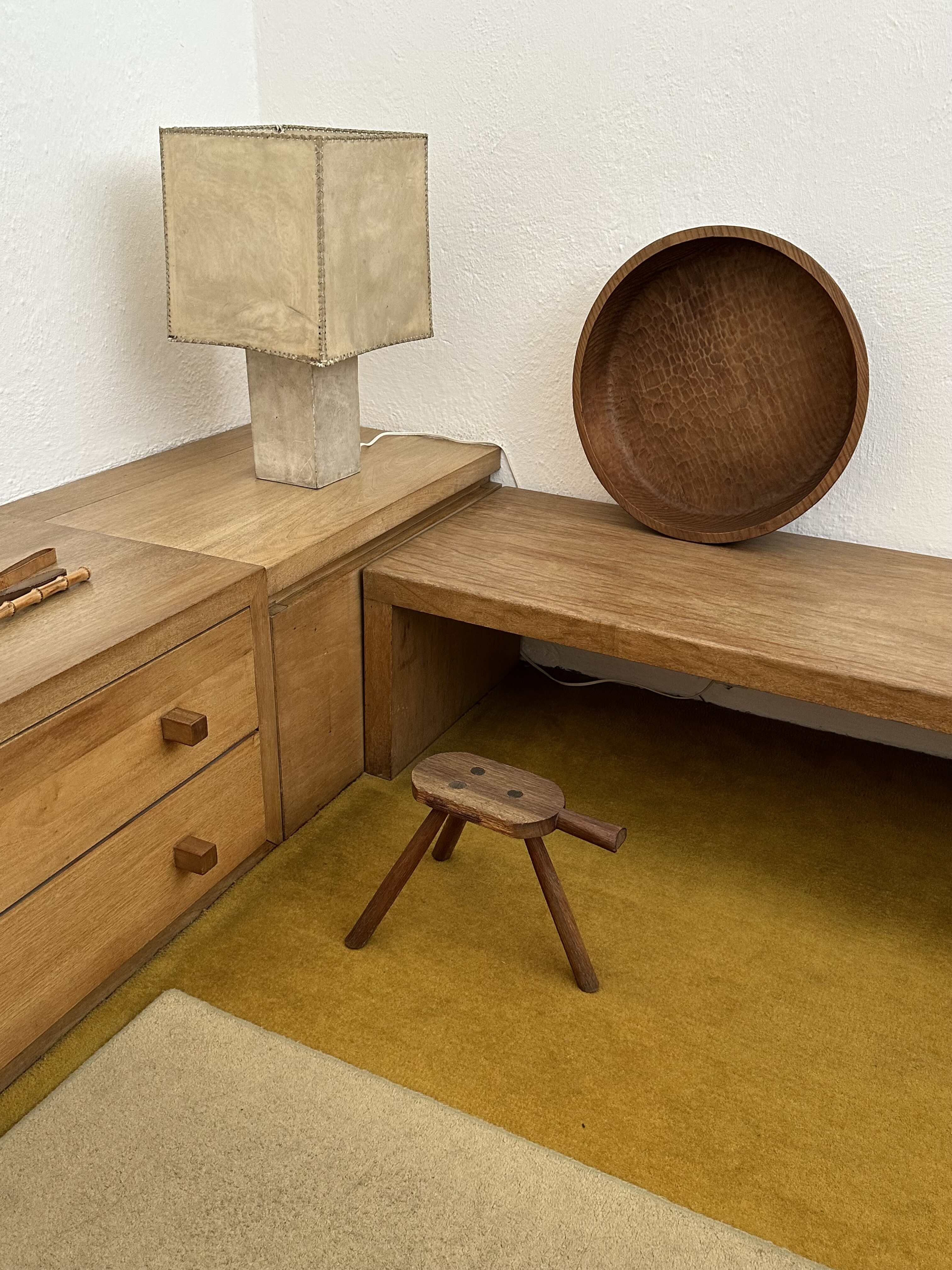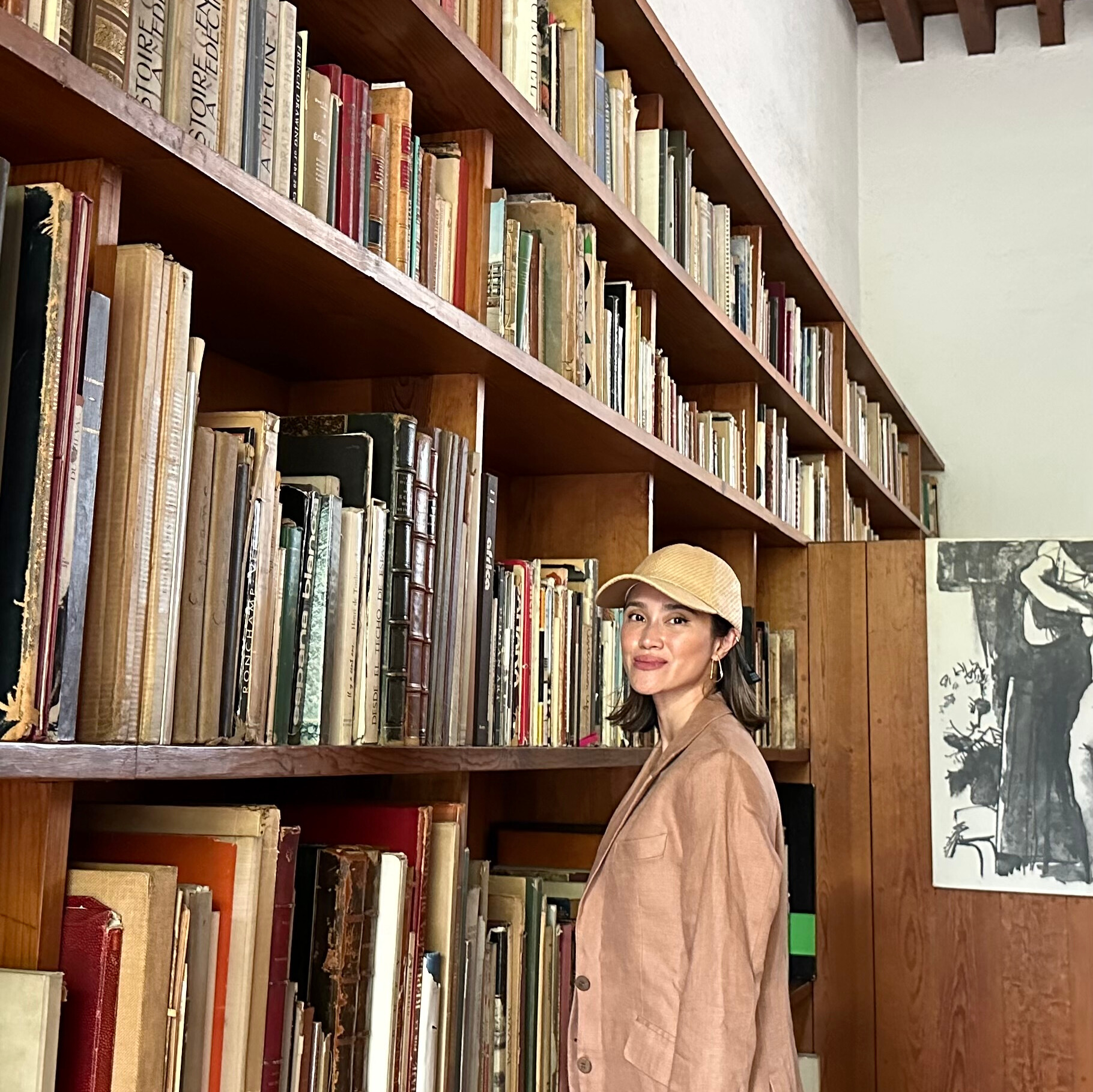
Our homes reflect us. The very aesthetic of our abodes, our choice of furniture, art, and even the manner in which we organize our interiors; these contain bits and pieces of ourselves that those who visit us can perceive.
However, admittedly, such a thought meant little to me until just three years ago. Sure, I kept and ensured that my space was well-thought-out and to my liking, but to say that I had a hand in every single design choice made, no. It was a responsibility handed unto another—it was an afterthought even. Nevertheless, upon being forced to stay indoors due to the pandemic, boredom may have had a hand in it, but everything from my houseplants to my cushions became my concern. I wasn’t going anywhere, I was seeing the same things every day—it had to be perfect.
It’s to be expected that the homes of architects and designers are beautiful. After all, you wouldn’t trust someone with a poorly built residence to work on yours. However, for acclaimed architect Luis Barragán, the beauty of his home was not simply a reflection of his craft, but a manifestation of his very being. It was a sight that I was privy to during my visit to Casa Luis Barragán in Mexico City.
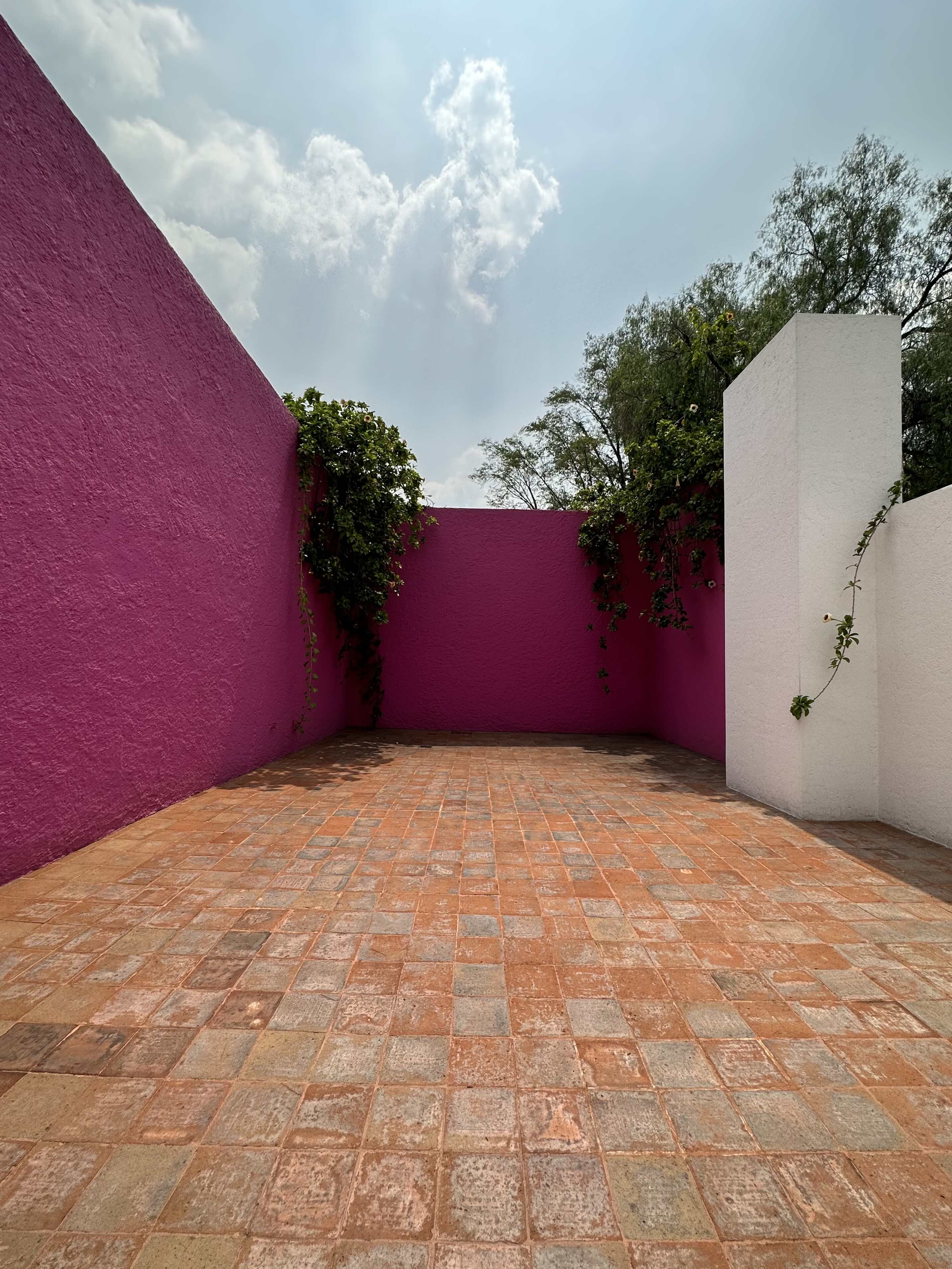
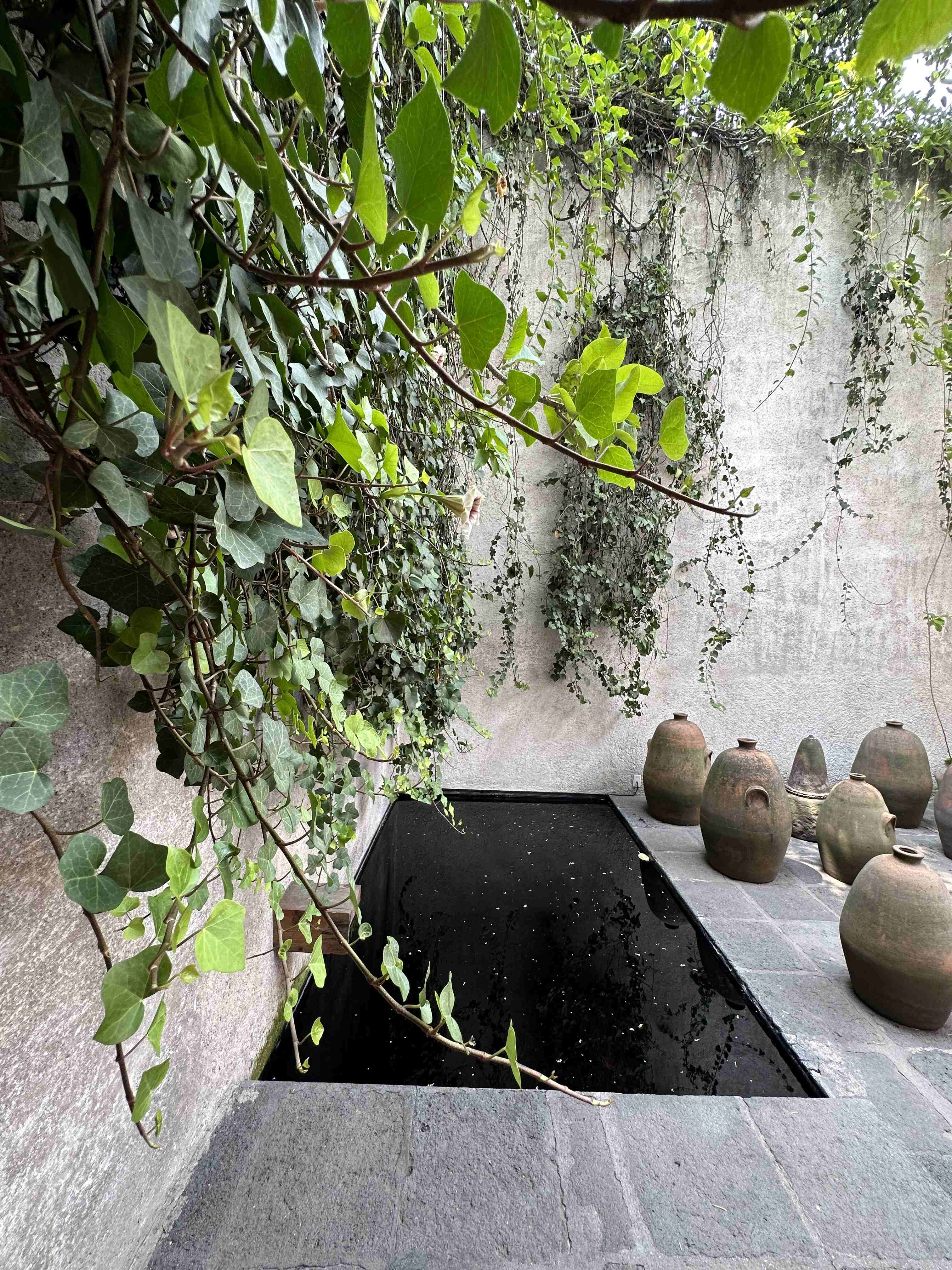
Luis Barragán was born in 1902 in Guadalajara in Jalisco, México where he studied to become a civil engineer and architect. He led a storied career, having designed a number of structures, a few being the; Club de Golf Hacienda; Cuadra San Cristobal; Casa Egerstrom; El Palomar complex; and Casa Gilardi. But outside of his work, Barragán was quite the traveler. After finishing his studies in 1925, he went to Europe for two years, where he was exposed to the gardens of Granada, Italy, and the Mediterranean coast, which spurred an interest in landscape architecture that he would later apply to his craft.
He passed away on November 22, 1988, but his contributions to the field of architecture would not go unnoticed; Barragán was also awarded the Premio Nacional de Ciencias y Artes (National Award for Science and Arts), the Pritzker Architecture Prize, and the Premio Nacional de Arquitectura (National Architecture Price).
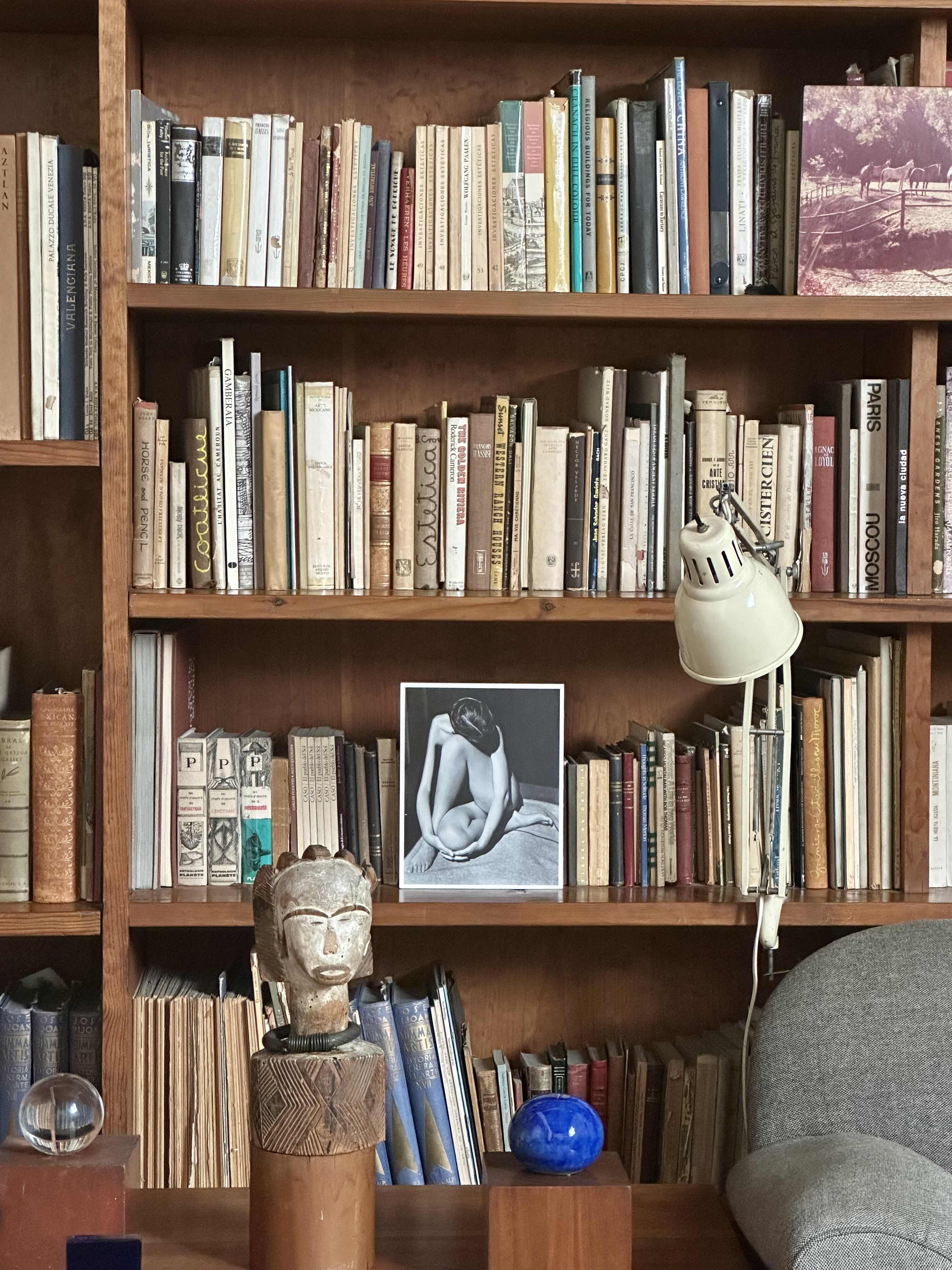
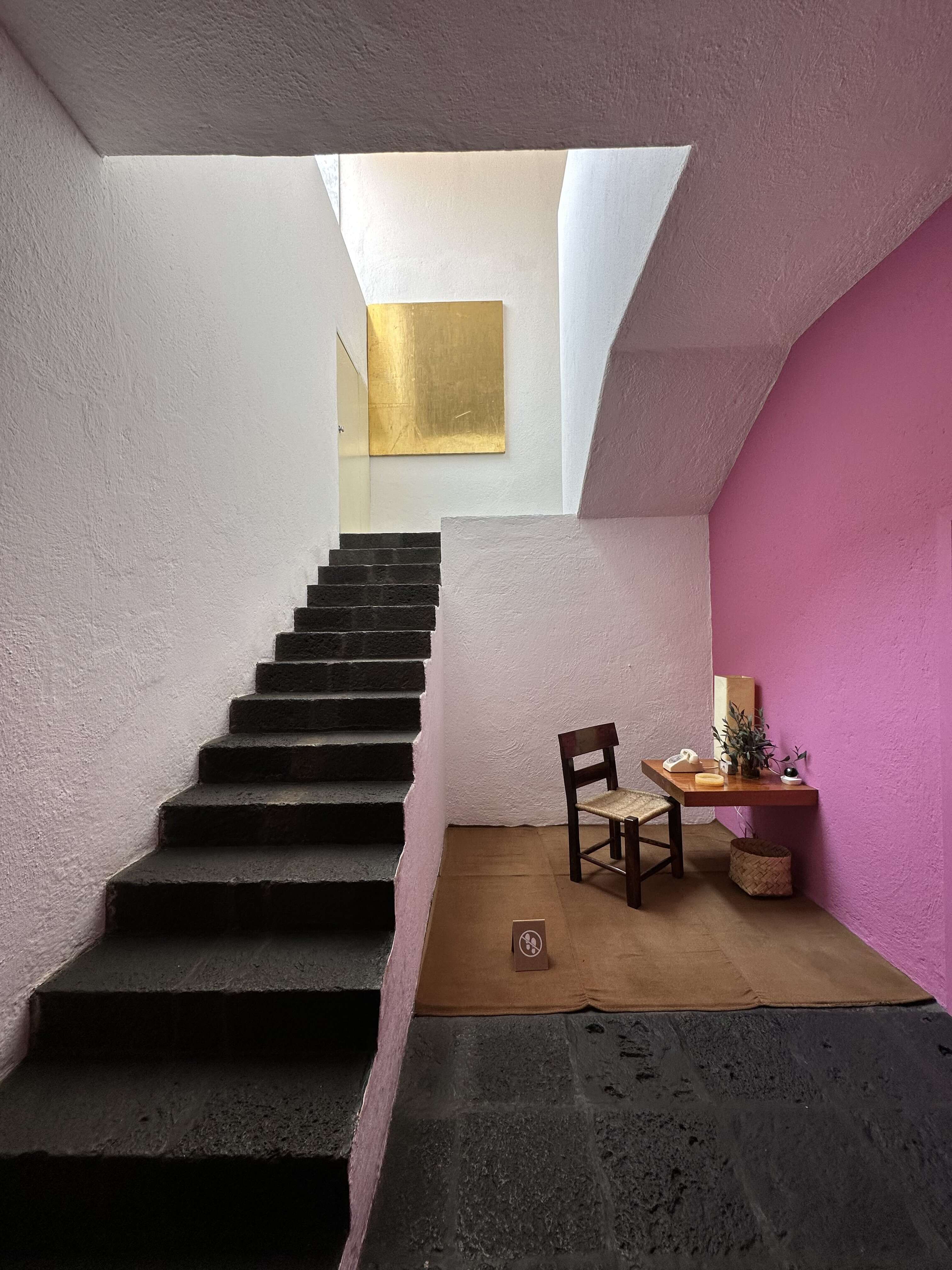
Casa Luis Barragán then stands as a microcosm of the architect himself—containing design sensibilities you would find in his other works, all standing in harmony inside a singular structure. The building, located on General Francisco Ramírez Street consists of a ground floor, two upper stories, as well as a small private garden. Its simple concrete finish prevents it from standing out from the rest of the neighborhood, seamlessly blending in if not for its sheer size. An unassuming exterior merely hides a surprise waiting to be discovered inside. It is also the only individual property in Latin America to be inducted into the UNESCO World Heritage list.
According to UNESCO, “The architect lived and worked here until his death in 1988 and he determined and supervised any modifications. Luis Barragán believed that ‘a house is never finished; it is an organism in constant evolution’. The value of the property’s integrity resides in the fact that these modifications represent an autobiographic document of the artist and the evolution of his ideas.”
